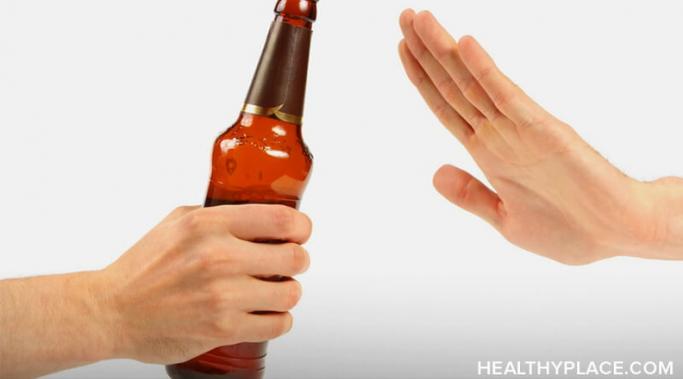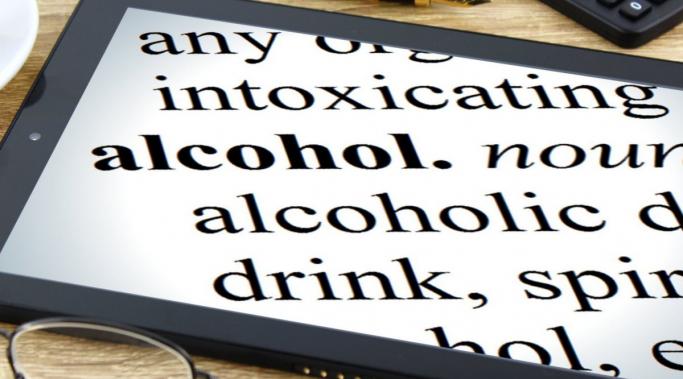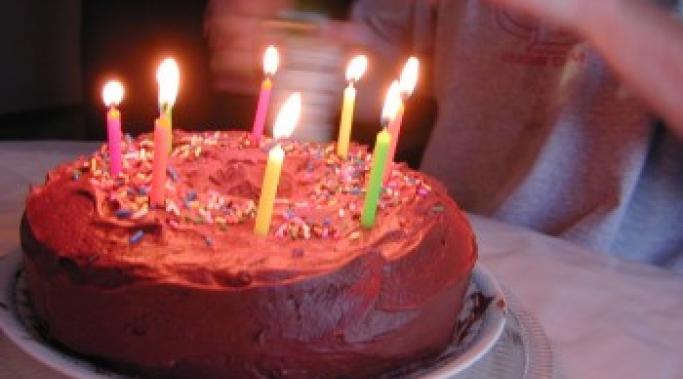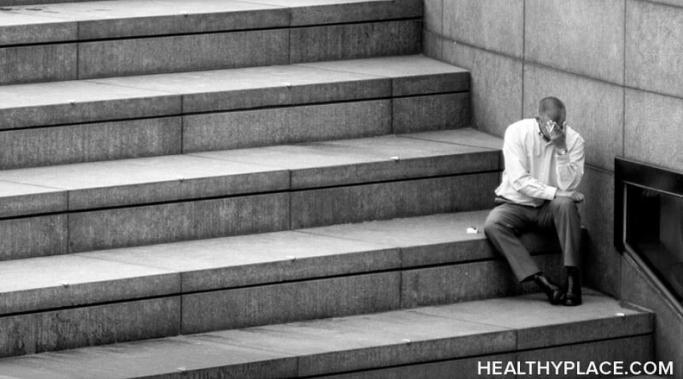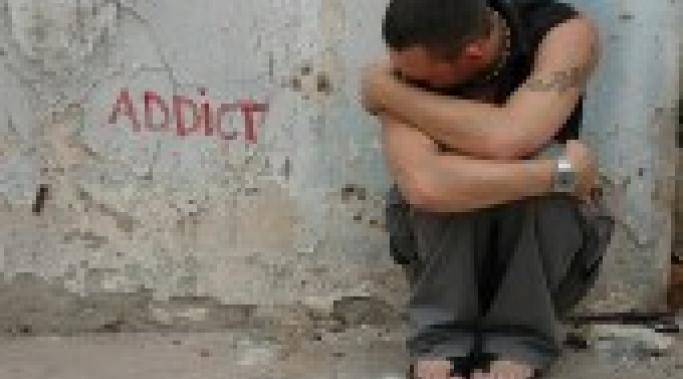There are some pretty noticeable warning signs of an alcohol addiction relapse. No one wants to relapse once they have worked hard to get sober. Unfortunately, many people do. In fact, it is said that relapse is a part of recovery, and it is true that there is a high rate of relapse in those who have achieved sobriety, especially in the first several months of recovery. I know that it happened to me. I relapsed many times before I was finally able to stay sober. Being able to recognize the warning signs of an alcohol addiction relapse and practicing relapse prevention techniques when they come up can help you stay on the path of recovery.
Relapse - Debunking Addiction
Watching sober friends relapse can be heartbreaking or challenging as well as enlightening and motivating. Personally, I have seen a handful of friends go back to drinking after six months or more of sobriety (Attitudes That Can Lead to a Drug or Alcohol Relapse ). In some cases, they convinced themselves they were not alcoholics and that they could manage their drinking. In other cases, they had always had some doubt as to the severity of their powerlessness over alcohol. And in a few other cases, the relapse seemed to come from nowhere. In reality, a relapse starts long before the first drink but it's not always easy to spot. Here are the lessons I have learned from watching sober friends relapse.
Old, addictive behaviors can crop up, leading to a relapse. These are often traits that served us well in our addiction by enabling us to use or drink with minimal interference. By evaluating our behavior through the lens of humility, we are able to see when old, addictive behaviors resurface and if they may be leading you to a relapse.
Alcohols or drug-related dreams can be disturbing for those in addiction recovery, but what do these dreams actually mean? If you use drugs or alcohol in dreams, what does that mean for your addiction recovery?
I took my last drink of alcohol (hopefully for good) on February 19, 2007. I smoked my last cigarette (also hopefully for good) on December 31, 2010. In contrast, my friend quit street drugs and alcohol years ago, but she doesn't know the exact dates.
12-step programs emphasize dates. Alcoholics Anonymous, Narcotics Anonymous and Overeaters Anonymous all celebrate sobriety dates, clean dates and abstinence dates, respectively. For me, my sobriety date is extremely important. It commemorates a miraculous day when I was given another chance to live. The day I quit smoking is important to me too, but I might not remember it if it didn't coincide with New Year's. Perhaps I care more about my sobriety date because my struggle with alcohol was much harder. Even so, for the clean and sober folks I know who do not commemorate a specific clean date, (mind you, this is the minority of clean and sober folks I know) it is not because their sobriety isn't important to them.
When I look back over my time in addiction recovery, it would seem that this process was linear. In other words, it would appear that there was some kind of flow that provided me with a sense of well-being and confidence that I would no longer have to worry about picking up a drink or drug again. But this couldn’t be further from the truth. The reality, for me, is that recovery from addiction rarely occurs in a straight line.
People either getting dragged back into addiction because of the holiday spirit or not being able to say no to a drink at the office Christmas party or New Years celebration. Or maybe they’re depressed because of the situation they’re in and deal with it by getting back into drinking or drugging. While all these may be difficult to deal with, there are certainly ways to get through the holidays clean and sober.
There are many factors that contribute to maintaining abstinence from drugs and alcohol. If you have been in addiction treatment or around 12-Step meetings, then undoubtedly you have heard many of these already. But they bear repeating. In fact, you can't hear them enough.
The addiction culture, the addiction lifestyle, can make it very difficult for an addict to get clean or stay drug-free. As they say on the street: “it’s not the drug that will kill you – it’s the addiction lifestyle.” One of the main causes of relapse has to do with the old way of living.
This weekend marks the start of the summer holiday season. Events like picnics and parties can be a dangerous place for people in addiction recovery.
